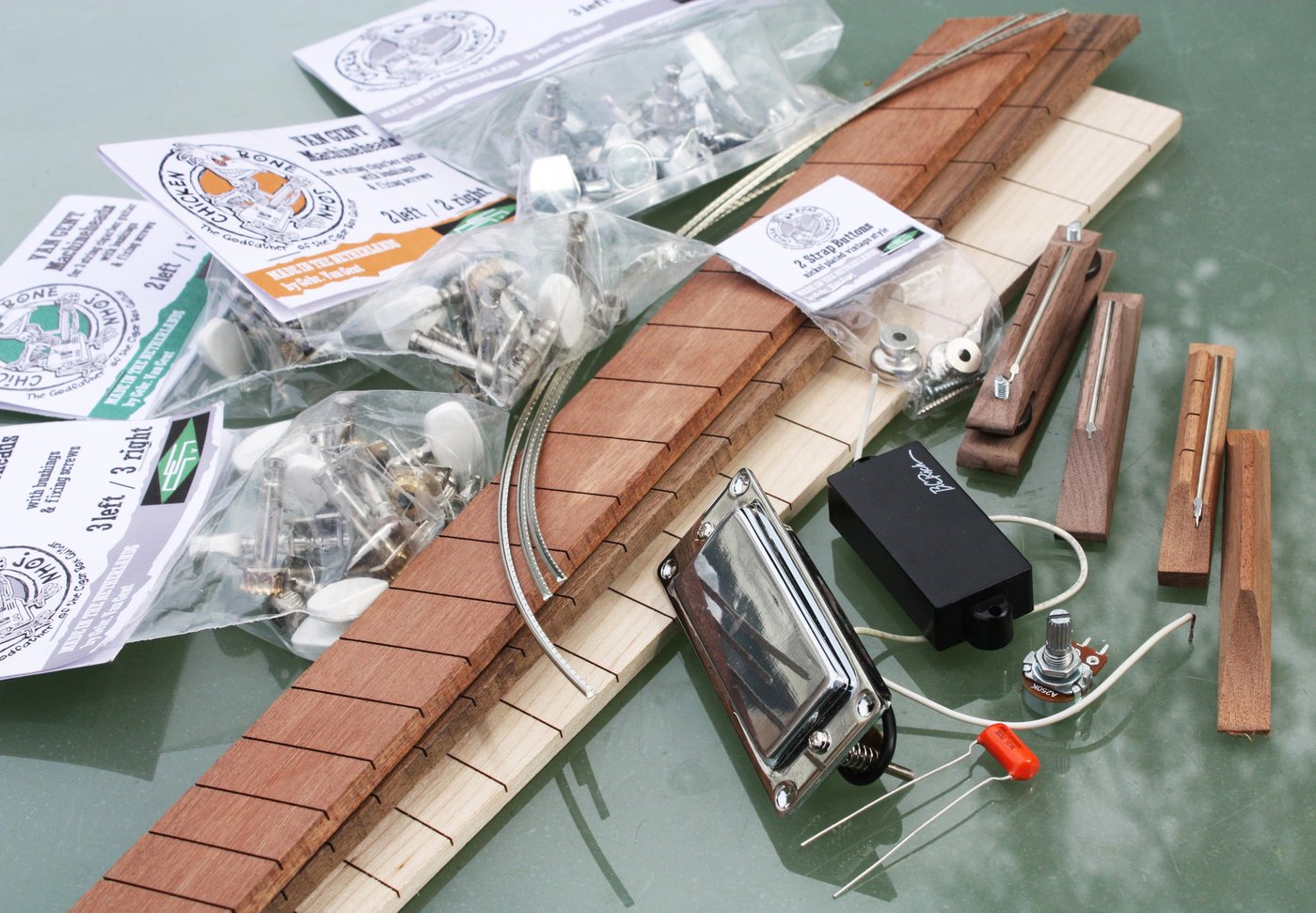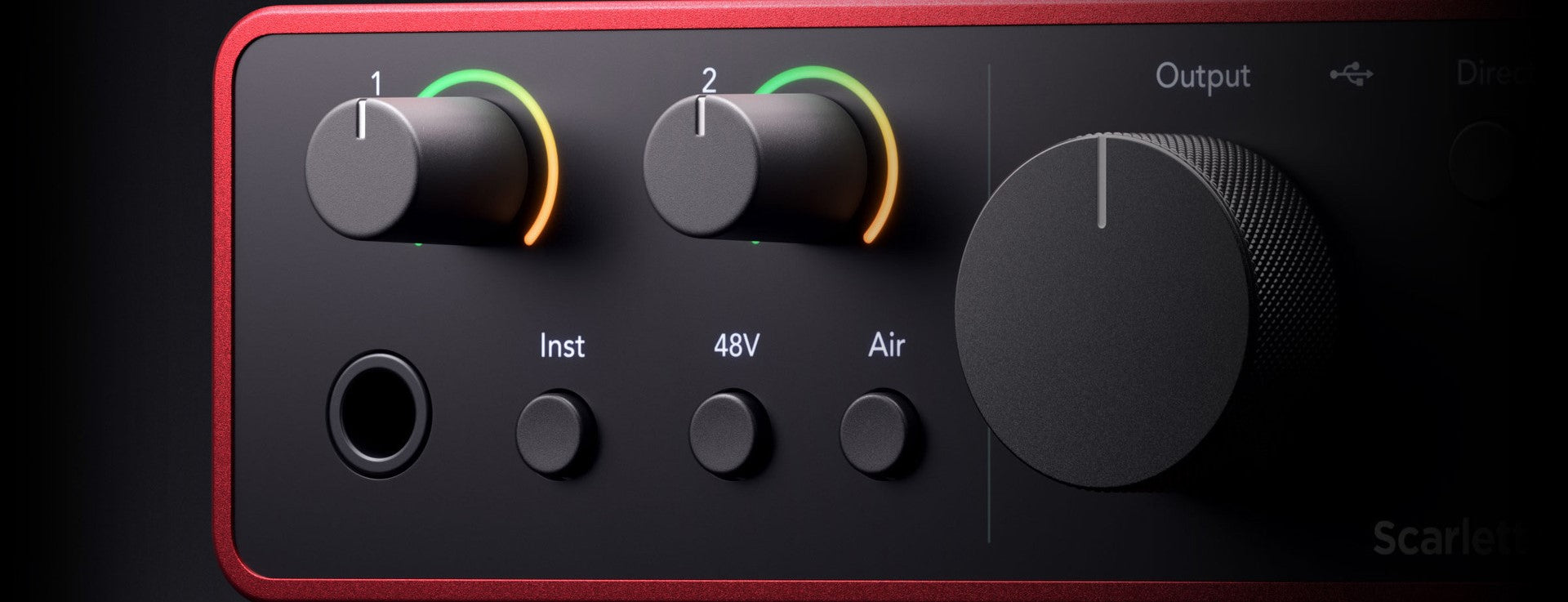Guitar Specs, How Much Do They Really Matter?
I was having a conversation with another guitar player online which made think about something... How much do spec's matter and do they really make a guitar, amp or even pedals sound different? As a customer service representative I get asked various questions every day like...
How much does a certain guitar weigh?
Is the the action exactly such and such millimeters at the 12th fret.
Can I get specific photos of the guitar I am buying?
What is the nut width? At the 12th fret?
Are those frets stainless steel?
Some go as far as to ask certain capacitors that may be used in a pedal or amp. So I'll ask my question again... Do all these specifications really matter? More importantly do they affect the sound?
At the very beginning of this I explained that I had a conversation with a guitar player regarding all this. It was a bit of an argument really that a Thinline (partly hollow) telecaster once plugged into an amp would sound identical to a normal solid-body telecaster. He was saying that if you made sure every single factor was the same, the pick-ups the woods used, the strings and even the weight of the guitar along with the hardware, once plugged in, would sound exactly the same. That's all fair and good in theory but there is one factor that is more difficult to quantify... Feel.
Playing a Thinline telecaster feels different than playing a normal solid body telecaster and that is going to translate through the player and on to the audience. Sure, the two guitars may produce a very similar, if not identical tone. If you were to stick a mic in front the amp and hit a power chord, you might not be able to hear an audible difference. However, a player will play the thinline differently than a solid body tele because it feels different to the player. The end result will be a different sound even if the "tone" is very similar.
Same goes for amplifiers. Does wattage really matter? To the listener maybe not, but to the player a lower wattage amp feels different than a higher wattage one. This difference in feel will effect how the player plays the instrument.
So do specs matter? Well, yes. If a guitar weighs 14lbs and the end user has back issues that matters to that player. If something about a guitar encourages you play a certain way, then the guitar is going to sound better or worse based on how you are playing it. It's not just about the pure tone the gear produces, but how the player feels while playing it.
I guess the point I'm trying to make is don't just focus on specs. Copying your favorite players gear might not lead to the results you want, because you as an individual may not feel the same way when playing that gear. You have to find what works for you.
Food for thought
-----------------------------------------------------------------------------------------
-Miles Margritz | Ecommerce Customer Relations | YandasMusic.com
miles@yandasmusic.com
Miles is the head of customer service for the Ecommerce department of Yandas Music. A certified pedal junkie, Miles loves to talk shop! Give him a call or shoot him an email for all of your music needs!




1 comment
Nice read, Miles! We play music to make others feel something, and and instrument that feels right to the player will translate to the audience, to your point. So, playability is very important. And great point about developing your own voice. Brian May never wanted to sound like someone else, neither did SRV, or Jimmy Hendrix, or Wes Montgomery. Be yourself.
It is also important to remember that an ok guitar plugged into a great amp will sound much better to most of us than a great guitar plugged to an ok amp.
Finally, on hollowbody and semi-hollowbody guitars, there is a physical resonance that translates into the amplified sound captured by the pickups, and makes the sound of those more nuanced to my ears. They also allow you to feedback easily with gain, which I love. (On the flip side, at very high gain and volume, think metal, a solid body will be a better choice. )